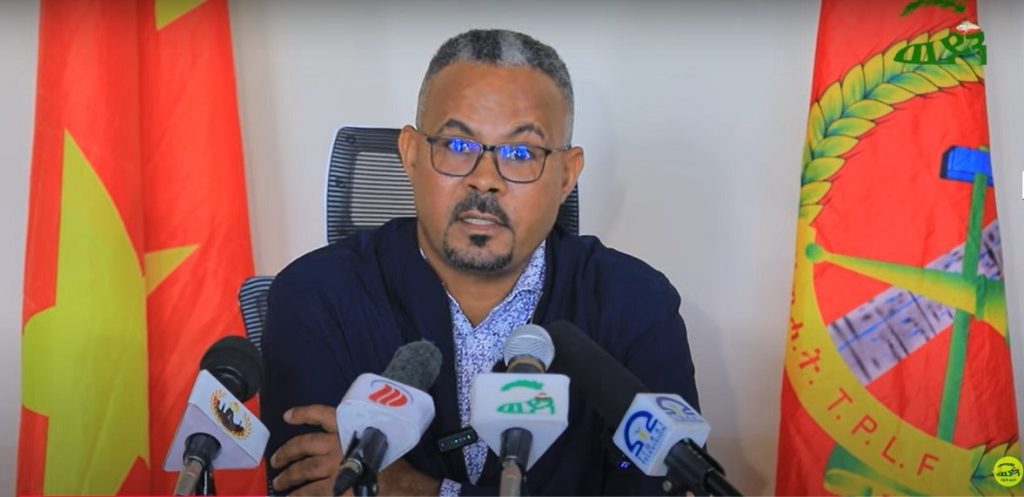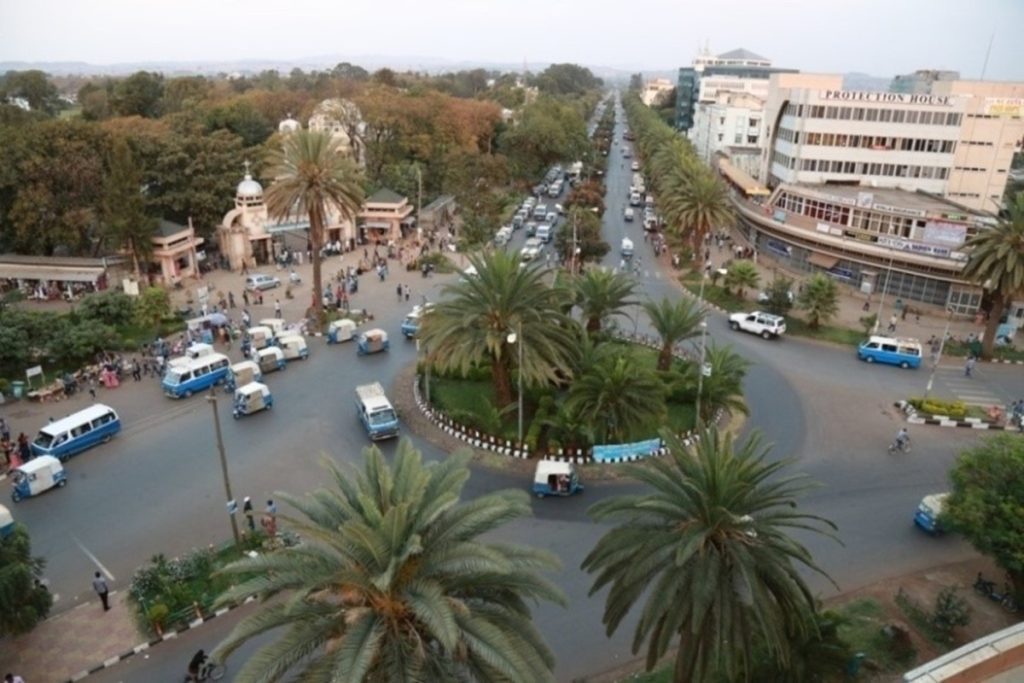Addis Abeba – Amanuel Assefa, Deputy Chairman of the Tigray People’s Liberation Front (TPLF), has voiced strong criticism of the ongoing Disarmament, Demobilization, and Reintegration (DDR) process in Tigray, labeling it as “improperly conducted” and lacking effective execution.
In a press briefing held on 27 November 2024 in Mekelle, Amanuel, who took on his role after the TPLF’s 14th Congress, stated that while the DDR process was a key condition of the Pretoria Agreement, its implementation should have started only after “armed forces outside of the Ethiopian National Defense Forces exited Tigray territories.”
Although the TPLF supports the DDR framework, Amanuel expressed dissatisfaction with its current implementation, emphasizing the need for a more strategic approach. He stressed that the process should extend beyond financial rehabilitation, offering sustainable solutions for former combatants.
Amanuel also raised concerns over a lack of transparency, particularly in the collection of biometric data, and criticized the interim administration for failing to effectively execute the agreement. “Contrary to the Pretoria Agreement, the interim administration has fallen into the hands of individuals,” he said, adding, “We have assessed that the agreement is not being implemented.”
Details on the DDR Program
The DDR program in Tigray, launched on 21 November 2024, aims to demobilize and reintegrate 75,000 former combatants. Mekelle, Edaga Hamus, and Adwa were designated as hubs for the process. Nationally, over 371,000 former combatants from seven regions have already been identified and disarmed, according to the National Rehabilitation Commission (NRC).
The two-year program, with a budget exceeding $760 million, is partially funded by the Ethiopian government (1 billion birr) and $60 million from international partners.
Criticism of the Interim Administration
Amanuel also took aim at the TPLF’s limited role in the interim administration, accusing its leaders of governing Tigray for two years “without a clear plan.” He claimed that instead of focusing on rebuilding Tigray, the interim administration had been working to “destroy or weaken the TPLF.”
“They have recruited military forces and are moving toward establishing military rule,” he alleged, concluding that the interim administration has failed to fulfill its mandated responsibilities and implement key aspects of the Pretoria Agreement.
By highlighting these issues, Amanuel underscored the urgent need for reforms to ensure the DDR process achieves its intended goals, fostering peace and stability in Tigray





